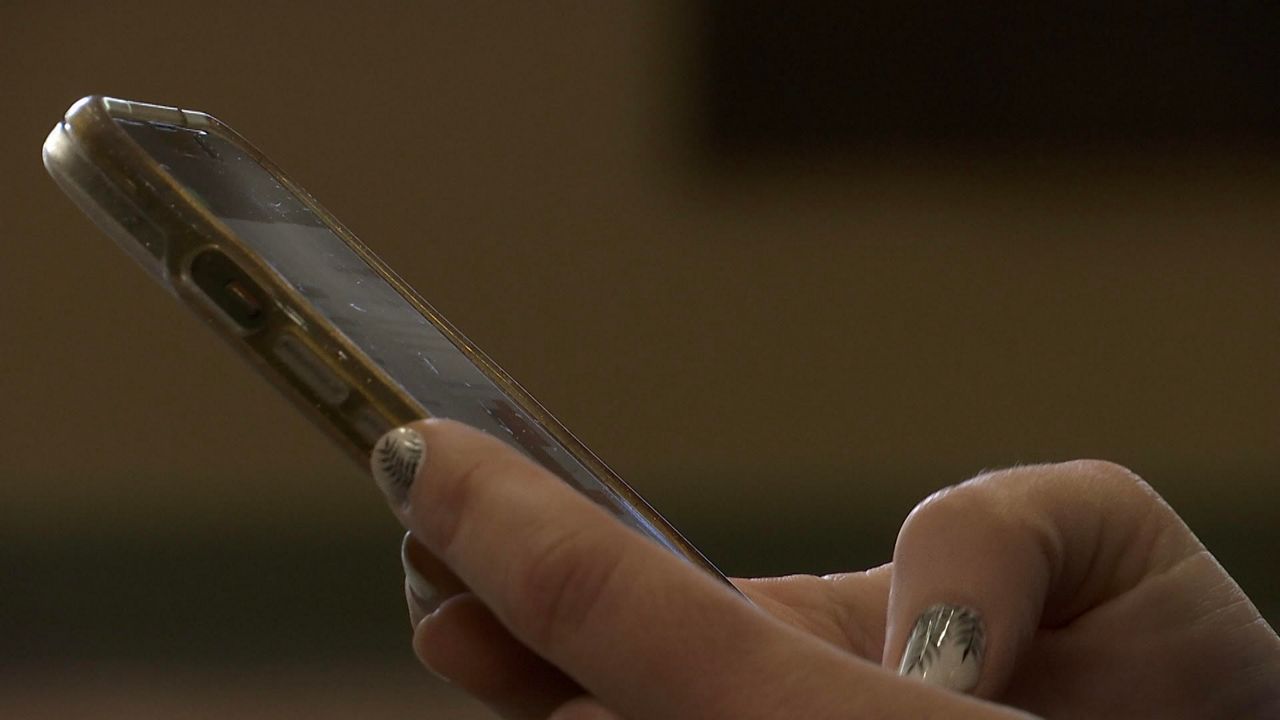COLUMBUS, Ohio (AP) — A federal judge issued an order Tuesday temporarily halting enforcement of a pending Ohio law that would require children to get parental consent to use social media apps.
U.S. District Court Judge Algenon Marbley's temporary restraining order came in a lawsuit brought Friday by NetChoice, a trade group representing TikTok, Snapchat, Meta and other major tech companies. The litigation argues that the law unconstitutionally impedes free speech and is overbroad and vague.
While calling the intent to protect children “a laudable aim,” Marbley said it is unlikely that Ohio will be able to show the law is “narrowly tailored to any ends that it identifies.”
“Foreclosing minors under sixteen from accessing all content on websites that the Act purports to cover, absent affirmative parental consent, is a breathtakingly blunt instrument for reducing social media’s harm to children,” he wrote.
The law is similar to those enacted in other states. It was set to take effect Jan. 15.
Besides requiring social media companies to obtain a parent’s permission for children under 16 to sign up for social media and gaming apps, it also mandates that the companies provide parents with their privacy guidelines, so that families can know what content will be censored or moderated on their child’s profile.
The Social Media Parental Notification Act was part of an $86.1 billion state budget bill that Republican Gov. Mike DeWine signed into law in July. The administration pushed the measure as a way to protect children’s mental health, with Republican Lt. Gov. Jon Husted saying at the time that social media was “intentionally addictive” and harmful to kids.
Husted expressed disappointment in the judge's action Tuesday.
“The big-tech companies behind this lawsuit were included in the legislative process to make sure the law was clear and easy to implement, but now they claim the law is unclear," he said in a statement. "They were disingenuous participants in the process and have no interest in protecting children.”
The governor also lamented the decision.
“The negative effects that social media sites and apps have on our children’s mental health have been well documented, and this law was one way to empower parents to have a role in their kids’ digital lives," he said in a statement.
NetChoice filed suit against GOP Attorney General Dave Yost in U.S. District Court for the Southern District of Ohio. The group has won lawsuits against similar restrictions in California and Arkansas.
NetChoice also sued Utah for similar legislation.



